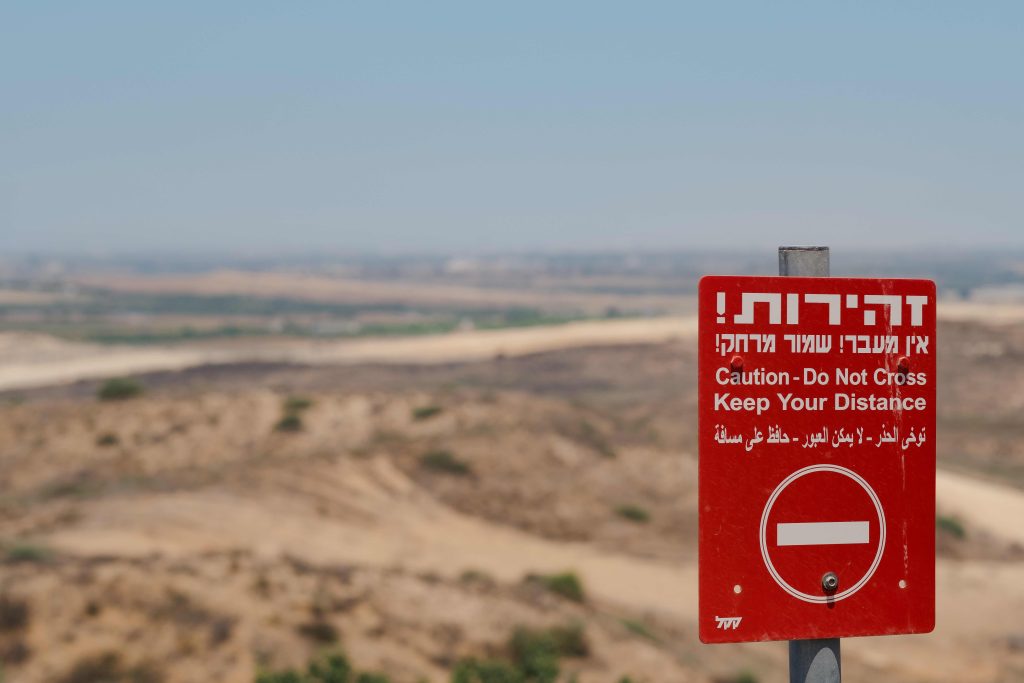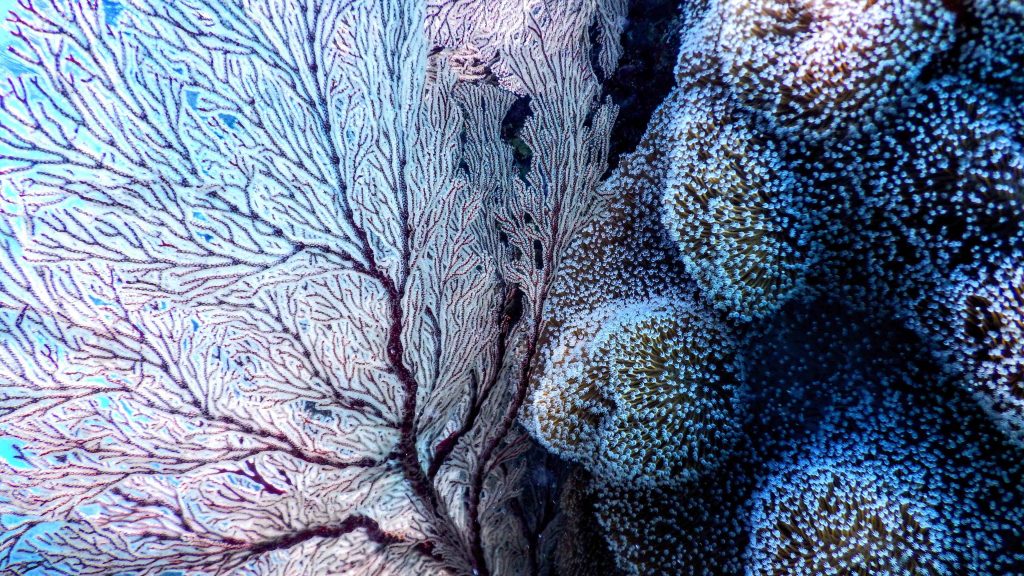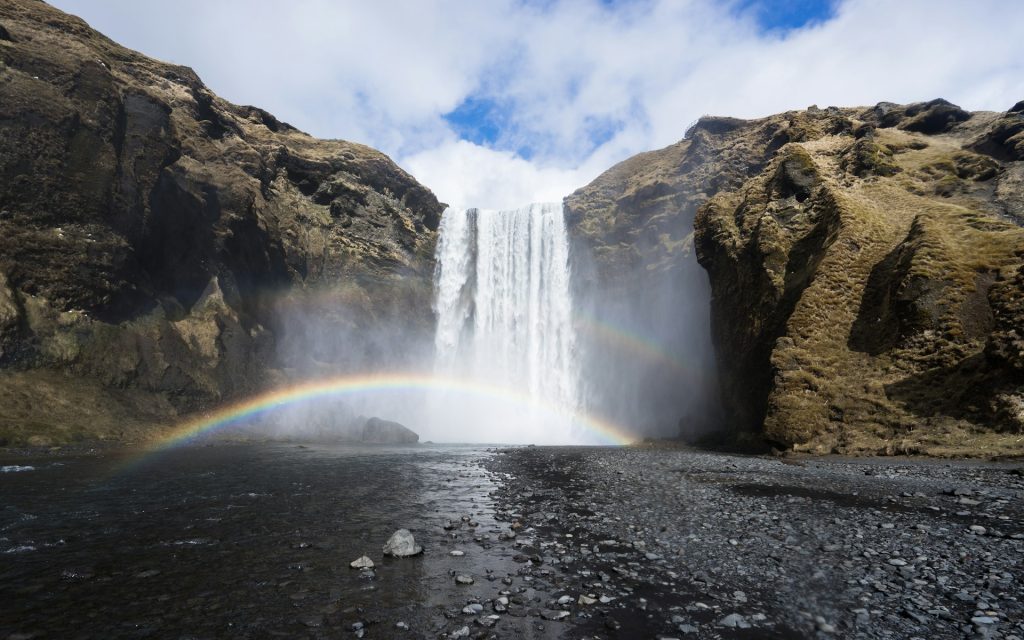Perceptual Intelligence
 Let’s imagine it’s a few months after you were born. You can’t yet walk or speak, but you’re getting to know your world. You’re mapping your home in your mind. You’re learning to recognise the faces of your family members and some of their friends: the people who will love and care for you during these fragile early years, some of them for the whole of your life. Sensing the world around you – seeing it, touching it, listening to it, tasting it – is a way of being in relation to it. Yet here it is not enough to say that everyone is in relation with everything they see. The relation to the earth via the marvel of sentience requires consistency, familiarity. The possibility of surprise is not ruled out; indeed, never ruled out. Yet a place must be familiar enough that you can make some predictions about it. For instance, you can make some broad decisions about what to do in and with that place, decisions that benefit from knowledge of what has happened there in the past and what is most likely to happen again in the future. And that knowledge requires time. In that sense getting to know a place is like getting to know a person. As you observe and interact with someone new over weeks and months, you get a general image of how they move and speak, what their habits and wants and aversions are, how they might respond to your choices, whether it’s safe or dangerous to be near them, and so on. So it is with places.
Let’s imagine it’s a few months after you were born. You can’t yet walk or speak, but you’re getting to know your world. You’re mapping your home in your mind. You’re learning to recognise the faces of your family members and some of their friends: the people who will love and care for you during these fragile early years, some of them for the whole of your life. Sensing the world around you – seeing it, touching it, listening to it, tasting it – is a way of being in relation to it. Yet here it is not enough to say that everyone is in relation with everything they see. The relation to the earth via the marvel of sentience requires consistency, familiarity. The possibility of surprise is not ruled out; indeed, never ruled out. Yet a place must be familiar enough that you can make some predictions about it. For instance, you can make some broad decisions about what to do in and with that place, decisions that benefit from knowledge of what has happened there in the past and what is most likely to happen again in the future. And that knowledge requires time. In that sense getting to know a place is like getting to know a person. As you observe and interact with someone new over weeks and months, you get a general image of how they move and speak, what their habits and wants and aversions are, how they might respond to your choices, whether it’s safe or dangerous to be near them, and so on. So it is with places.
One cannot know a forest by walking it only once. It takes several full cycles of the seasons, and regular explorations during that time, preferably daily, to even begin to know a place. Where are its berry trees and when are the berries ripe? Where are its meltwater ponds in the spring? Where is the nearest raccoon den, and how often do you normally see them out and about? When do the maple trees change colour for autumn? When will there be a mast year for acorns? Such are the habits of landscapes. It takes many years to get to know them. Some people may get a head-start in this process, benefitting from the guidance of grandparents, local elders, and other community leaders; though as observed earlier, the climate crisis can disrupt the old familiar cycles of nature, rendering this kind of ancestral knowledge less helpful.
This kind of relationship with the earth rests upon what I call perceptual intelligence: a highly complex and subtle form of reasoning in which:
- Almost every cell in the body gathers, records, and transmits information about the state of the surrounding environment. The information covers a wide variety of factors including temperature, the shapes and colours of clouds and water waves and sunlight, the sounds of birds and rustling leaves and creaking tree trunks; the sense of air pressure building up or ebbing away, the smells and tastes in the air, the sense of cardinal direction, and (very possibly) magnetic fields and electric charges.
- Deep in the subconscious mind, the current state of all that information is compared to memories of other occasions when the state of the environment was similar.
- That comparison allows you to make broad predictions about what is happening just out of sight and/or how things might change over the next few hours.
- Predictions are communicated to the conscious mind in the form of feelings, hunches, aversions, and attractions.115
Rupert Ross, an attorney who served various First Nations communities across Canada, learned from his Indigenous friends and associates that this kind of intelligence was an essential part of their way of life, both historically and today. As he described it:
The hunter-gatherer did [their] shopping in the natural world…Success depended upon the ability to accurately read the innumerable variables which each season, day and hour presented. Those variables, however, presented patterns which, over time and with great attention, one could learn to recognize. Reading those patterns to determine when “the time was right” was the essential life skill, and it constituted, in my view, a very specialized form of thought.116
Anyone who takes the time and who has the patience can do it. Ross himself learned to do it, while working as a fishing guide in Northern Ontario. Early in the morning of each day, he would stand by the dock for half an hour to get a “feel” for the day, which would tell him which part of the lake to take his clients, so they had a better chance to make good catches:
I made mental notes about such things as wind speed and direction, cloud cover, temperature…the quality of the light, the humidity, the sense of disturbance – building or disturbance-waning…In truth I simply cannot list all of the things that were finally incorporated into this “feel” for the day. I don’t believe that they ever came to my conscious attention, but they were noticed all the same…What I look for, of course, is correspondence between what I anticipate and what I recall.117
It’s worth noting that although this activity might look and feel like mysticism, there is nothing supernatural about it. As Ross said, it is “without doubt, a very complex and compacted form of reasoning.”118 Ross and his community learned this in a boreal forest, but perceptual intelligence can work in any kind of environment. Even in the ocean, there is information enough for the body to gather and process, to tell a navigator how far they are from land, which direction to the nearest or largest chain of islands, which direction the deepest ocean currents are moving, whether a storm is coming and how heavy it will be. Canadian anthropologist Wade Davis recorded how perceptual intelligence allowed the Polynesian people to explore and colonize the entire Pacific Ocean, maintaining political alliances and trade routes, and navigating with accuracy, beyond the sight of land, without using a compass or a sextant or a satellite GPS network:
The truly great navigators…can identify the presence of distant atolls of islands beyond the visible horizon simply by watching the reverberation of waves across the hull of the canoe, knowing full well that every island group in the Pacific has its own refractive pattern that can be read with the same ease with which a forensic scientist would read a fingerprint.119
The human being dwells in a system of ecological conditions; the human being is always and necessarily an organic, embodied, biological being, embedded in food webs and ecological processes; the human organism is “a transformation-station for energy” (to use Aldo Leopold’s words). This dimension of the human being depends upon the surrounding ecology for air, water, food, warmth, and other means of life. Its foundation both lies in the earth and flows from the sun. The ethical, epistemic, and metaphysical significance of humanity’s being ecological, as I shall call it from here on, is precisely what environmental philosophy aims to understand.
It might be controversial for me to say it, but I think the logic points me this way: perceptual intelligence is the root of humanity’s being-ecological, more so than the fact that we must eat, drink, and breathe from the biosphere. We human beings are “already ecological” because our perceptual intelligence grants us the ability to gather deep knowledge of our surroundings. This is likely the root of many forms of symbiosis between animals, too. This knowledge is deep in the sense that it requires years of patience and consistent attendance to gather, and requires the sentience of your whole body to process and to reason toward conclusions. This, I think, is a deeper form of being-ecological than eating and breathing because it configures and informs our lives, not only in the physical dimension of continued bodily survival, but also in the intimate and subtle dimension of consciousness. We think and feel the ways that we do because of the work of perceptual intelligence, constantly feeding our bodies and minds with information about the habits and the ways of the places where we spend the most time. To put it loosely, but in a way that surely gets the point across: the more you get to know a landscape, the more the landscape rubs off on your mind, massaging it, working it over, planting seeds in it, pushing its footprints into it. Eventually the landscape becomes so much a feature of your mind that it also becomes a feature of your identity. It gets that far when a complete account of who you are must necessarily include a few statements about the places where you possess this kind of deep knowledge, the time you spent acquiring it, and the things you’ve done in your life because of it.
Of course, it follows from this argument that you can have this kind of deep knowledge of human worlds, too. The ways and habits of families, colleagues from work, neighbours, friends, congregants at your place of worship if you are religious, and so on, can also massage your mind no less than landscapes and climates can do.
And, furthermore, it also follows that you cannot have deep knowledge of a landscape if your encounter with it is only occasional and superficial. I have to say it again: it takes time – years, many years – to gather the kind of deep knowledge I speak of here. But if it’s any consolation: those years can be remarkably pleasurable. Bird song, for example, reduces stress and lifts emotions. Researchers in Germany found that “the individual enjoyment of life is correlated to the number of bird species in one’s surroundings. An additional ten percent of bird species in the vicinity therefore increases the life satisfaction of Europeans at least as much as a comparable increase in income.”120
Researchers from UCSF found that older adults who took fifteen-minute walks in a forest for eight consecutive weeks reported less stress, more calm, and more awe, in their lives. The researchers asked participants to post selfie photos during their walks, and they found that over time the selfies had more emphasis on landscapes and surroundings, and brighter smiles.121 It is probably not the case that nature has an intrinsic power to calm us. Rather, as the researchers in the study of older adults noted, it’s more likely that the positive emotional affects come about from “shifting our energy and attention outward instead of inward.”122
Let me sum up this meditation with an answer to the root question. What human reality emerges from the encounter with the earth? A state of being-ecological, informed by perceptual intelligence and deep knowledge, which in turn informs selfhood and identity.
From the forthcoming book: The Circle Of Life Is Broken
Visit: http://brendanmyers.net







Hello Brendan,
Well done! Hoping your contribution can help dethrone the superficial IQ and favour the emergence of a PIQ (Perceptive IQ).
Our Natural Deficit Disorder is possibly more harmful than COVID.
For those of us coming from the countryside, naming and recognising birds was natural. Our kids can only mention one, but can cite 10 brands of cars!
Thanks
a